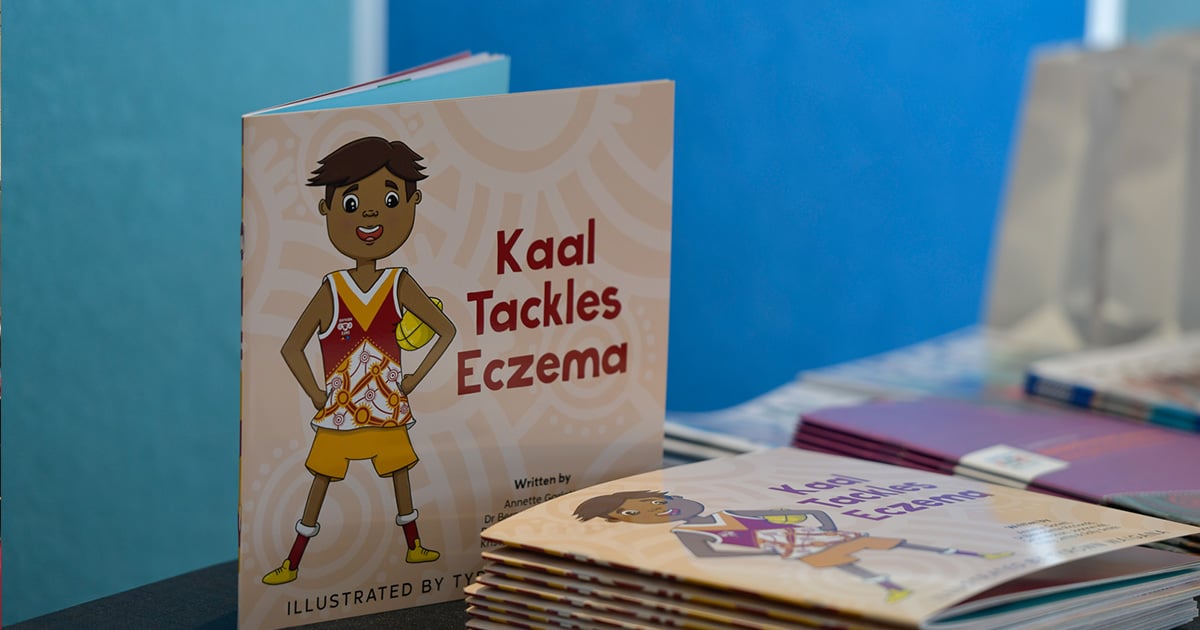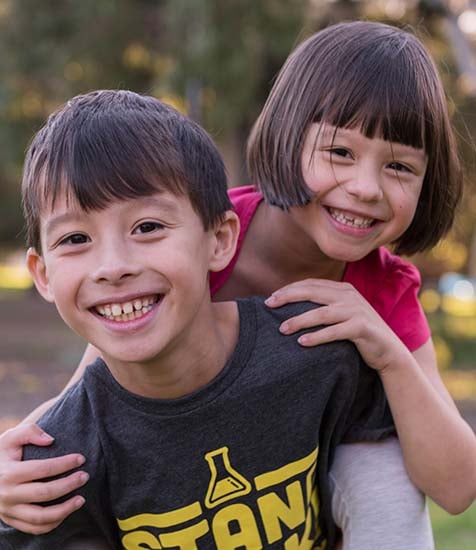Search
Research
Revaccination outcomes of children with vaccine proximate seizuresSeizures, whether febrile or afebrile, occurring within 14 days following vaccination can be considered as vaccine proximate seizures (VPSs). While the attributable risk and clinical severity of first febrile VPS is well known, the risk and clinical outcomes of VPS recurrence is less well defined. We conducted a retrospective review of revaccination management and outcomes in children who experienced a VPS as their first seizure seen in Australian Specialist Immunisation Clinics between 2013 and 2017. Vaccination outcomes were compared between children who had a VPS as their only seizure (VPS only) and children who had further non-vaccine proximate seizures following their initial VPS (VPS+) prior to review at the clinic.
We are evaluating new vaccines for a range of diseases including influenza, pneumococcal, meningococcal and common infections such as otitis media (glue ear).
The study aims to determine whether an RSV vaccine given to pregnant women during the third trimester can protect newborn babies from RSV infections.

Through co-design with community members, we hope to better understand the strengths and effectiveness of community-driven health promotion resources.
The main objectives were to evaluate effectiveness of the annual flu vaccine in young children, and the burden of flu on young children and their families.
The PAEDS Study monitors childhood conditions of public health importance that are difficult to effectively capture through other surveillance mechanisms.

We are looking for children and teenagers to take part in an important study investigating the effectiveness of a new combination booster vaccine designed to protect against tetanus, diphtheria, pertussis (whooping cough) and polio.

The CMVictory Study aims to learn more about the safety and effectiveness of a potential CMV vaccine.
Contact us If you'd like to get in touch, please contact us by phone or email. Phone: 0400 450 240 Email: vtg@thekids.org.au PAEDS Paediatric Active
MenABCWY QUINTET Study Meningococcal disease is a rare but serious disease that can result in death if not recognised and treated quickly. There are
